Google AI Introduces Croissant: A Metadata Format for Machine Learning-Ready Datasets
Marktechpost
MARCH 12, 2024
When building machine learning (ML) models using preexisting datasets, experts in the field must first familiarize themselves with the data, decipher its structure, and determine which subset to use as features. So much so that a basic barrier, the great range of data formats, is slowing advancement in ML.

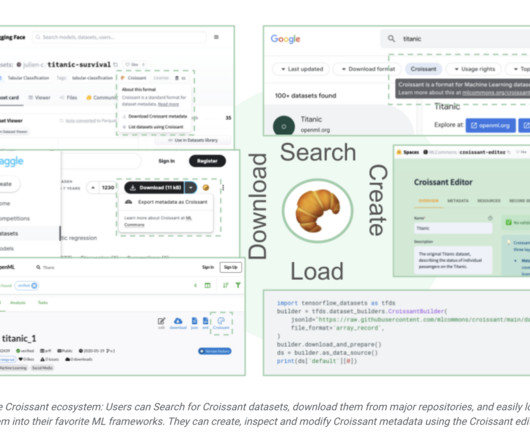

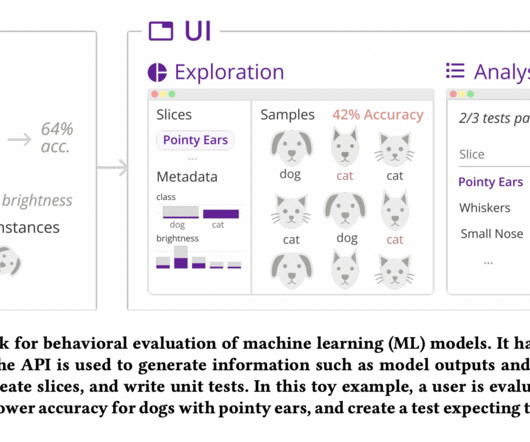
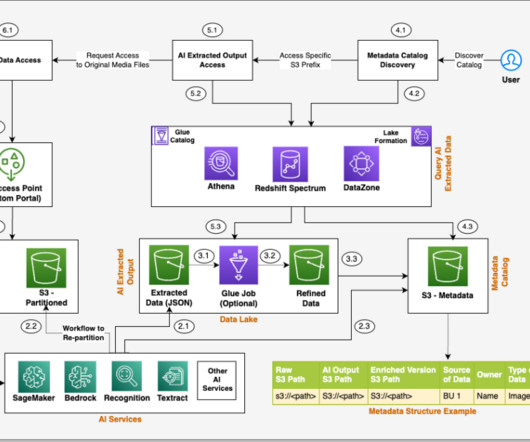

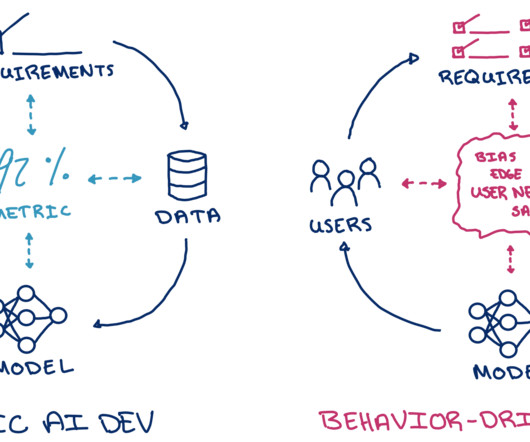
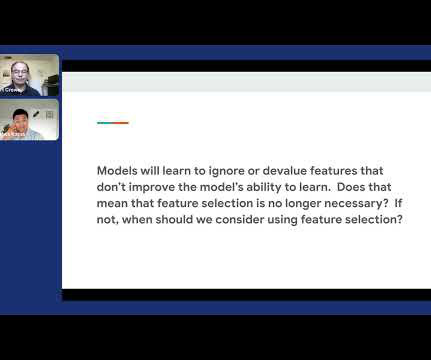
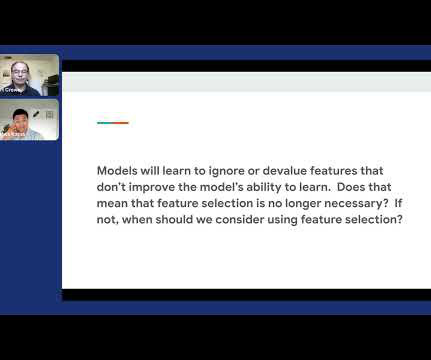






Let's personalize your content